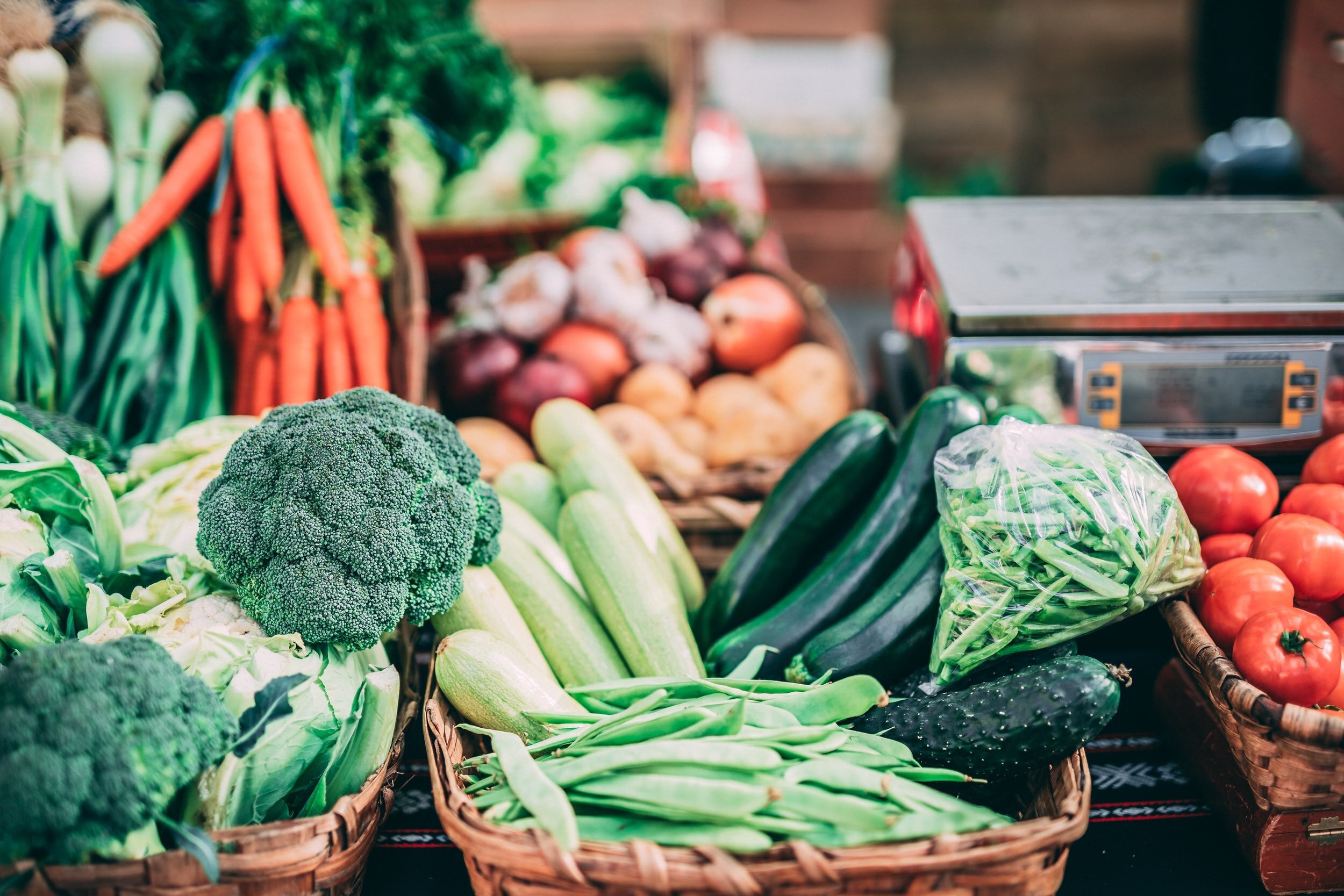The 5 R's of Waste Reduction
Going beyond reduce, reuse and recycle
We’ve all heard of the 3 R’s of recycling; reduce, reuse, and recycle. But what about the 5 R’s of waste reduction? This new way of thinking about waste management introduces the idea that we can actually reduce what we recycle by adding two additional steps to the original trio.
In this blog, we’ll take a closer look at what the 5 R’s actually mean, and examples of how to apply them day to day. We’ll even throw in two more bonus R’s if you stick around to the end and explain why they’re equally important.
How to apply the 5 R’s
Refuse
The first R is Refuse, and it starts with saying no to using things that aren’t necessary. Think about the last time you ordered from your favourite delivery app, you might’ve noticed an option to choose whether or not you need plastic cutlery. This is a perfect example of how you can refuse overconsumption habits. By keeping this first R in mind, it almost forces you to think twice about your environmental footprint. Saying no is the first step to reducing the amount of waste you bring into your home.
Common examples of things you can learn to refuse are: plastic bags at grocery stores, plastic straws and cutlery, flyers or business cards, and other items related to excess packaging or single-use cases.
Reduce
Reduce is the second R, and it goes hand in hand with refuse. This R is about letting go of things we no longer need and practicing a more minimalistic mindset. Embrace the Marie Kondo in you by parting with things that no longer bring you joy.
When it does become time to say goodbye, try and find those items a better home instead of throwing them away. Selling online, making donations to second-hand stores or organizations in need, or giving things away are all alternatives to consider instead of immediate disposal.
The second step to adopting the Reduce concept is to be more mindful about the goods you take on or purchase. By practicing the reduced concept, you may come to the realization that you don’t actually need more things and can limit impulse purchasing.
Reuse
The third R is one that you may be a bit more familiar with, Reuse, which can have a few meanings.
The first way to think about Reuse is about swapping items that are disposable for items that are reusable, and more permanent alternatives. Thinking back to our previous example for ordering food, a simple way to start introducing this R is by bringing your own takeaway cups or food containers to cafes or restaurants. This helps to reduce the amount of packaging that the food industry is prone to.
Other examples include:
Using a reusable water bottle and/or straw
Swap tin foil/plastic wrap for silicon baking sheets, reusable containers, or beeswax wraps
Using a washable cloth instead of paper towels in the kitchen
The second way to think about Reuse is by learning how to put things to use beyond their typical lifespan. It’s human nature to always be on the lookout for the newest and shiniest version of something – whether it’s clothing, electronics, or anything else, but not everything needs to be replaced. A good place to start is being appreciative of the things we do have in the first place. Making purchases based on quality is also important to the longevity of the item.
Recycle
Recycling is the fourth R, and this isn’t by mistake or chance. Recycling should be the last resort if refusing, reducing, and reusing aren’t applicable.
Effective recycling extends further than throwing something into a blue bin. It’s about sorting waste effectively and minimizing the amount we throw in the garbage.
In Ontario, recycling rules differ between municipalities, leaving consumers confused about what they can and can’t put in their blue bins.
For this reason, we’ve compiled a Recycling Guide for all of the Lake Ontario area recycling rules.
Rot
The final R on our list is Rot, which might not sound the most attractive at first thought. But, this R remains important and refers to compost.
Composting provides nutrients for our soil and gardens, while also preventing organic materials from ending up in landfills.
Composting may feel inaccessible to some, especially if you do not have garden space or access to municipal composting facilities. However, you can still hop on the compost train by checking out this guide to apartment composting.
The key to the 5 R’s is not just remembering what they are but applying them in the correct order. It all starts with refusing what is unnecessary, reducing what is necessary, reusing before we dispose, and then recycling and rotting the items we choose to dispose of in the right way.
But it doesn’t stop there. Consider these other two “bonus R’s”.
Repair
Repairing items like clothing, shoes, or any good, might prove to be a fun DIY and usually only takes a quick fix. Taking a few minutes to sew, glue, or mend something back together can prolong the usage by many times than the time it took to repair in the first place.
Fun fact: by extending the life of something by an extra 1-2 years it can decrease its carbon footprint by as much as 24%!
Refill
There are many options to refill containers with the beauty of buying in bulk. Buying in larger quantities limits the packaging of smaller items and allows us to reuse packaging by refilling it.
Not sure where to start? Lucky for you, we’ve put together a directory of our favourite zero-waste stores and refilleries in the Lake Ontario Area!
What we love most about these “R’s of waste reduction” is how adaptable they are. They leave room for you to find your own path in the low-waste movement, allowing growth and imperfection along the way. There are seemingly endless “R’s” that we could add to this list to help us reach our waste reduction and sustainability goals.
For example…
Restore: can pertain to restoring items or restoring land or habitats
Repurpose: repurposing or upcycling items
Respect: respecting the environment and each other
Remember: remembering to bring your reusables with you on the go
The R’s of Waste Reduction can be what you make of it. Most importantly, applying the R’s allows us to be more reflective (see what we did there?) about our consumption choices, and then holds us accountable.

























Blog Coordinator, A Greener Future